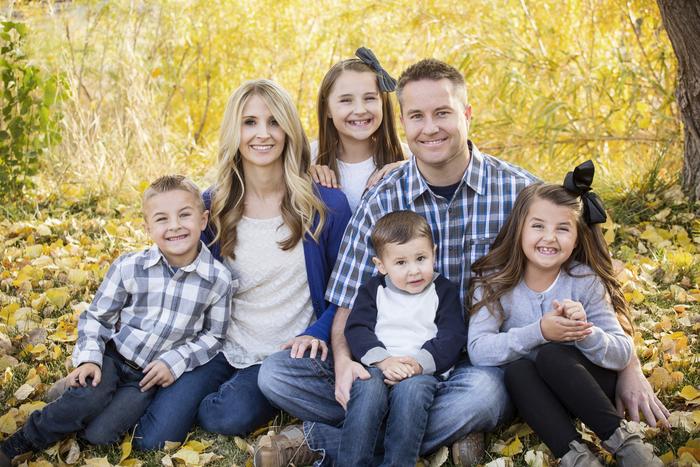If we had a dollar for every time we heard a baby boomer say that millennials don’t want relationships, we’d be rich. Relationships are another thing we’re accused of killing such as golf, napkins, and table manners.

Is Our Generation Responsible for the Death of Relationships?
Once our defenses are lowered and we no longer look at this sentence as an accusation, we can think about it a little more thoroughly. In the Tinder and Bumble age, we’re constantly asking ourselves where the dating culture is going.
We are the first generation to establish the first contact with people through a screen. Is it valid to wonder how romantic we want our relationships to be if they start off like this? Of course, it is.
As millennials, we’re not in a place to focus on relationships as a priority. Sure, most of us want one down the line. They’re just not in our top five priorities right now.
Why Are They Not a Priority?
Right now, if you’re between your mid-twenties and your mid-thirties, your life is probably a bit rocky. You’re either struggling with student debt, credit card debt, or both. You’re stuck in an underpaid job for which you’re overqualified, or you’re living in your office because you’re launching a start-up.
In an ever-changing world, a semi-crumbling economy, and things like climate change and sustainable consumption, we just don’t readily have the emotional headspace for a relationship.
For a lot of us, our careers, emotional development, and overall well being have climbed higher up on these lists. Some of us are opting for travel experiences, while others are learning permaculture.
With the access we have to information, nothing is impossible anymore, not even successful relationships.

Changes in the World
Everywhere in the world, changes are happening. Significant economic and political changes are occurring everywhere, and we’re all having a hard time finding our place. We’re jumping from relationship to relationship.
That’s not because we don’t want to stay in one, but instead because we’re still in the process of figuring ourselves out.
We have no idea how to manage a relationship that’s “televised” on social media or how to stay focused on one thing with so many distractions around. We have no idea how to openly talk about feelings and fears because these things were never modeled to us.
We’re tapping into an unknown territory, where consent is serious, and screenshots posted on social media can be detrimental.
Do We Have a Hard Time Connecting?
People blame it on phones. But they shouldn’t. It’s just that an anxious generation raised us, and we inherited a crumbling economy. We were forced into student debt, and then told we were entitled.
It’s not that we don’t want to connect with people. It’s more like we’re dying to connect with people, but we don’t know how to do it.
 Changing Definitions of Relationships
Changing Definitions of Relationships
Divorce rates have peaked to over 60% in the USA. This statistic means that a lot of us grew up in broken homes. On Clearwaylaw.com they say that professional help is recommended when you’re having issues and neither of you knows the next steps to take. This is to make these tough times in relationships more manageable.
Being the generation raised mostly by single parents, or both parents working outside the house, we’re bound to have no idea how to make it work.
We’re also exploring open relationships, polyamory, and a lot of other ways to build intimate connections with people.
Time Magazine said, “millennials want jobs and education, not marriage and kids.” and they’re not entirely wrong. Women are focusing more on their careers than on building nuclear families.
This circles back to relationships not being something we don’t want, but rather something that’s not as big a priority anymore.
Furthermore, we’re no longer heteronormative in our relationships. People are exploring more genders, more identities, more orientations, and more relationship dynamics.
Only 48% of Americans between 14 and 28 identify as heterosexual. There is a surging culture of sex positivity and social acceptance.
This new culture comes hand in hand with real changes in the dynamics of the traditional relationships and cannot be put down to “we’re killing the romance.”










